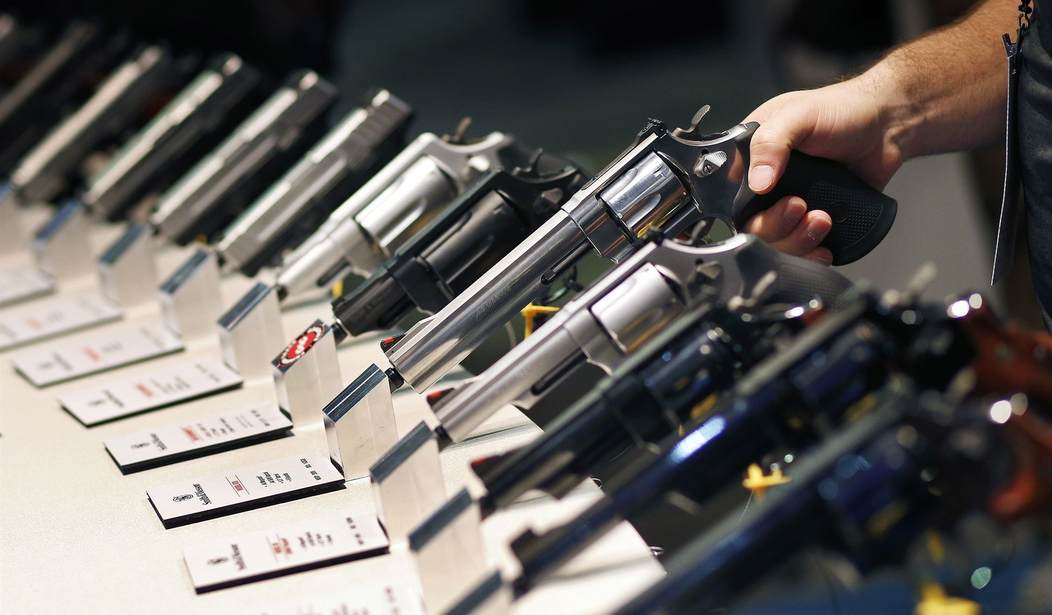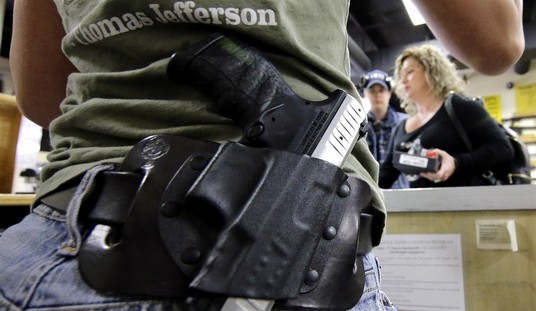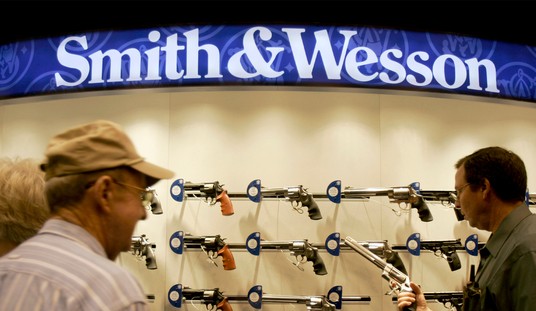When Pittsburgh Mayor Bill Peduto decided to ignore state law and pass a gun control ordinance, I made the comment then that preemption bills need some teeth if they’re going to be the least bit effective. No one at the state level seems inclined to prosecute the rogue mayor or any members of the city council, so they seem free to do what they want.
Yet a law that’s unenforced is a law that might as well not exist. For preemption to mean anything in the state, it has to be enforced. It’s as simple as that.
So far, the only way to enforce preemption is in the courts. Yet court battles are expensive and there’s minimal negative impact for communities that flout preemption. Sure, they might have to pay attorney fees during the fight, but beyond that? Nothing.
Now, a Pennsylvania law seeks to change all of that, and the Philadelphia Inquirer seems to have a different opinion of the bill.
Sometimes, the goal sought by a piece of legislation is clear. Sometimes it isn’t. Take House Bill 1066, which was just one of several bills approved last week by the Pennsylvania House Judiciary Committee that could weaken gun reforms in the state. It takes a very close reading of HB 1066 to understand its aim: Scare Pennsylvania towns away from addressing the local issues surrounding firearms.
One section states — and bear with the jargon: A person adversely affected by any manner of ordinance, resolution, rule, practice or other action promulgated or enforced by a COUNTY, MUNICIPALITY OR TOWNSHIP in violation of subsection (a) or 53 Pa.C.S. § 306(a) (relating to regulation of firearms and ammunition) . . . may seek declarative and injunctive relief and the actual damages attributable to the violation in an appropriate court.
A later paragraph says the court “shall award reasonable expenses to the person adversely affected” if they succeed on their claim, or if the township revokes their ordinance after the claim is filed.
…
First, when law students see the above language, they ask: “Aha! Who counts as a ‘person adversely affected?’” According to HB 1066, that includes not just individuals, but also: “A membership organization, the members of which include” a person who may legally possess firearm. This means that a “membership organization” from outside of PA may file a case against one of our townships, simply because the township enacted a firearm ordinance. What’s an example of such a “membership organization?” The first that comes to my mind is the National Rifle Association.
…
This leads me to my second point. This is not standard for lawsuits in this country. The usual rule is that parties pay their own attorneys’ fees, even if they win. This is so ingrained in our system it is known as the “American Rule.” There are exceptions, to be sure. Sometimes, a party may have to pay the other side’s attorneys’ fees as a sanction for misbehavior. Certain federal statutes allow fee-shifting. But the norm remains that each party pays their own attorneys’ fees. HB 1066 is an exception to the American Rule.
In other words, the writer–a law professor–is upset not so much by the argument that the loser might be on the hook for the other side’s legal fees since she notes that can and does happen already, but by the fact that a group she disfavors may benefit from this by design, to some degree.
However, what the writer fails to note is that Pennsylvania has a preemption law that legally bars communities from passing their own gun control laws. Preemption laws have been upheld by the courts for years and there’s little reason to believe that’s likely to change any time soon. All this measure would do is allow gun rights groups–as well as any other civil rights group, it should be argued–to recoup their expenses from combatting laws that communities shouldn’t be passing in the first place.
Cities like Pittsburgh know good and well that they’re breaking state law by passing gun control ordinances, but they do it anyway. Why? Because they can.
By making them risk not just losing but potentially having to pay for the privilege of getting curb stomped in a court of law, the stakes get raised and might dissuade some communities from breaking that law.
The writer argues the bill will “[s]care Pennsylvania towns away from addressing the local issues surrounding firearms.” That’s not quite accurate. What it does is provide a warning to those towns about the dangers of breaking the law.
I’m quite sure the writer wouldn’t argue that jail time is a bad thing because it “scares Pennsylvania residents from stealing money from stores at gunpoint.” Why would she? That’s precisely what the law is intending to do.
In this case, though, local governments are still free to explore measures to reduce violence. They just can’t enact controversial gun control measures out of hand. That’s a role the state has reserved for themselves.
If you don’t like it, then repeal preemption.
What? They can’t?
Oh. Well…too bad.








Join the conversation as a VIP Member